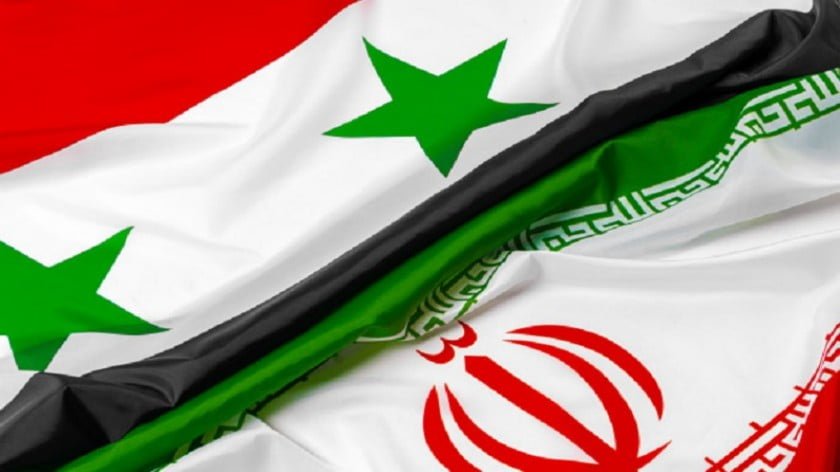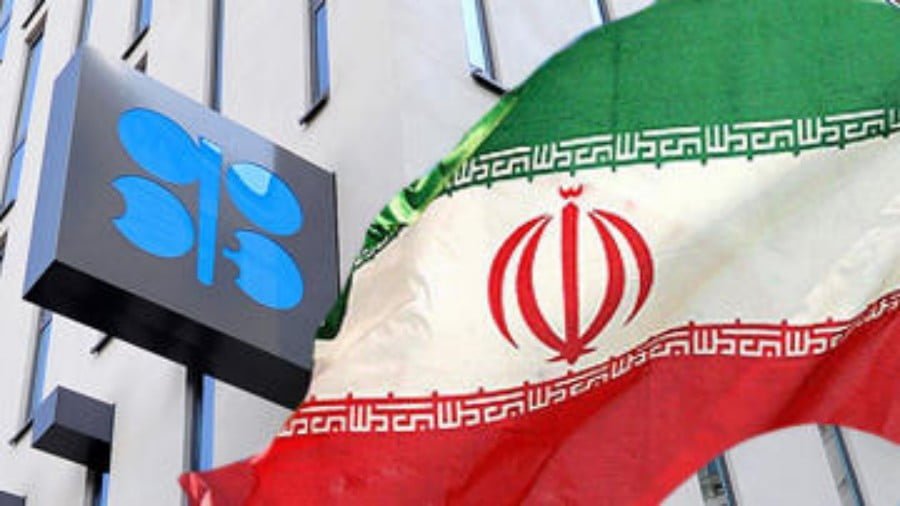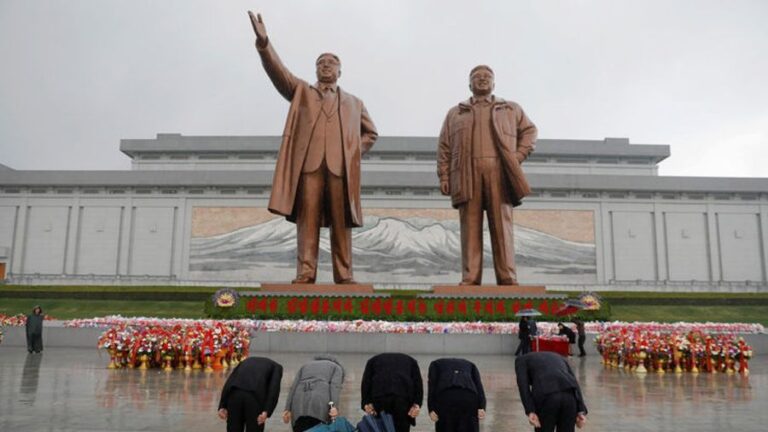Wait, Iran & Syria Are Now Officially On Opposite Sides In Libya? Why!?
The Alt-Media Community simply can’t make sense out of the fact that Iran and Syria now officially support opposite sides in Libya since it completely contradicts the long-running but factually false narrative that these two Resistance allies are always on the same side out of “ideological solidarity” with one another.
***
Alt-Media = Alt-Reality
It’s not hyperbole to state that the Alt-Media Community is in a state of literal shock after the Iranian and Syrian Foreign Ministers both came out in recent days to officially pledge their support to opposite sides in Libya. This development completely debunks the long-running but factually false narrative that these two Resistance allies are always on the same side out of “ideological solidarity” and is therefore worthy of an urgent analysis to clarify the true state of affairs between them. It’s also important to explain what each state hopes to achieve by politically involving themselves in a conflict on an entirely different continent in the first place.
Iran vs. Syria in Libya?
Beginning with Iran, the Islamic Republic has always supported political Islam, hence why it threw its weight behind the Muslim Brotherhood-dominated authorities of Libya’s Government of National Accord (GNA). It also deeply despises “Israel” and its GCC+ allies (the “+” refers to the bloc’s de-facto Egyptian member) so it couldn’t with good conscience support their Libyan National Army (LNA) proxy. In addition, Iran hopes that backing the same side as Turkey will result in some tangible form of sanctions relief, as well as reinforce these neighboring countries’ trust-based relations in the face of renewed Kurdish terrorist threats coming from Iraq.
As for constitutionally secular Syria, it despises political Islam so it couldn’t in good conscience support the same Muslim Brotherhood-dominated authorities whose Syrian members initially sparked the ongoing conflict in the Arab Republic nearly a decade ago. Damascus seems to dislike Turkey more than “Israel” nowadays too so it’s apparently willing to look the other way in supporting Tel Aviv’s GCC+-backed LNA proxy, at least for the time being. Promising unspecified support to Egypt upon request in the event that it militarily intervenes in Libya is also meant to evoke nostalgia for pan-Arabism, which is the Baath Party’s official ideology.
Political Signaling To Separate Patrons
That said, neither Iran nor Syria are expected to contribute meaningful support to their respective sides in any manner other than rhetorically. Tehran has overextended itself in the Mideast and its suffering under the throes of a crippling economic crisis brought about by US sanctions so it can’t realistically play any leading role in supporting the GNA on the ground. Syria still can’t regain sovereignty over large swaths of its own territory so it’s unlikely to achieve any success in helping the LNA do the same on a separate continent several countries away even in the extremely unlikely event that Damascus decided to dispatch troops there.
These understandings strongly suggest that Iran and Syria signaled their support for opposing sides in Libya in order to send political messages to each warring party’s patrons. Both countries want sanctions relief from Turkey and the GCC+ respectively so they think that taking a stand in support of their Libyan proxies will bring them one step closer to that. In other words, these moves were reactive and undertaken from positions of strategic weakness, they aren’t proactive game-changers meant to powerfully shape the course of events. Since the chance of each side fighting the other in Libya is almost nil, there’s no reason to worry about their relations.
Iran and Syria don’t intend for their political statements concerning third countries to harm their bilateral ties with one another. It’s true that the optics of two Resistance members supporting opposite sides in a proxy conflict raises uncomfortable questions about the real unity of this anti-Zionist network, but it’s still too early to predict that it’s irreversibly weakening. Syria’s Russian patron is a stalwart supporter of “Israel” in most instances so it’s not surprising that Damascus is following Moscow’s unofficial policy of backing the LNA together with Tel Aviv. Even so, this doesn’t mean that Syria consciously decided to support “Israel”.
Interests Trump Ideology
Nevertheless, this observation debunks the false narrative that’s been aggressively propagated for years by the Alt-Media Community and ruthlessly upheld by its gatekeepers. They claim that Iran and Syria are always on the same side out of “ideological solidarity” with one another, but they aren’t, and Libya proves it. These two Resistance allies are united in their shared long-term vision of liberating Palestine, but that’s it. After all, Iran has now politically allied itself with Turkey and the same Muslim Brotherhood that are both responsible for sparking the ongoing war in Syria, while Syria supports the LNA proxy of Tehran’s hated Zionist nemesis.
This curious contradiction of interests between the two simply proves that even “ideologically allied” countries will pursue their self-interests in spite of whatever their supporters imagine to be their “unwavering solidarity” with one another in all instances. Libya is a third state that isn’t directly relevant to Iranian-Syrian relations, and neither of them wants to see their political support for opposing sides there result in a deterioration of their bilateral relations. Still, they each independently calculated — whether rightly or wrongly — that throwing their support behind the sides that they did is in their national interests as they understand such interests to be.
Concluding Thoughts
There’s no reason to be concerned about the future of Iranian-Syrian relations despite each party supporting opposing sides in Libya, but the optics of this development are understandably uncomfortable because it debunks the Alt-Media’s consistently false narrative that these two will never disagree on anything. Interests, not ideology, determine the conduct of International Relations, with ideology only being a cover for masking the pursuit of interests (whether most “true believers” consciously recognize it or not). As such, Iran and Syria are united in liberating Palestine because it suits their interests, just like backing opposite sides in Libya does too.
By Andrew Korybko
Source: One World







